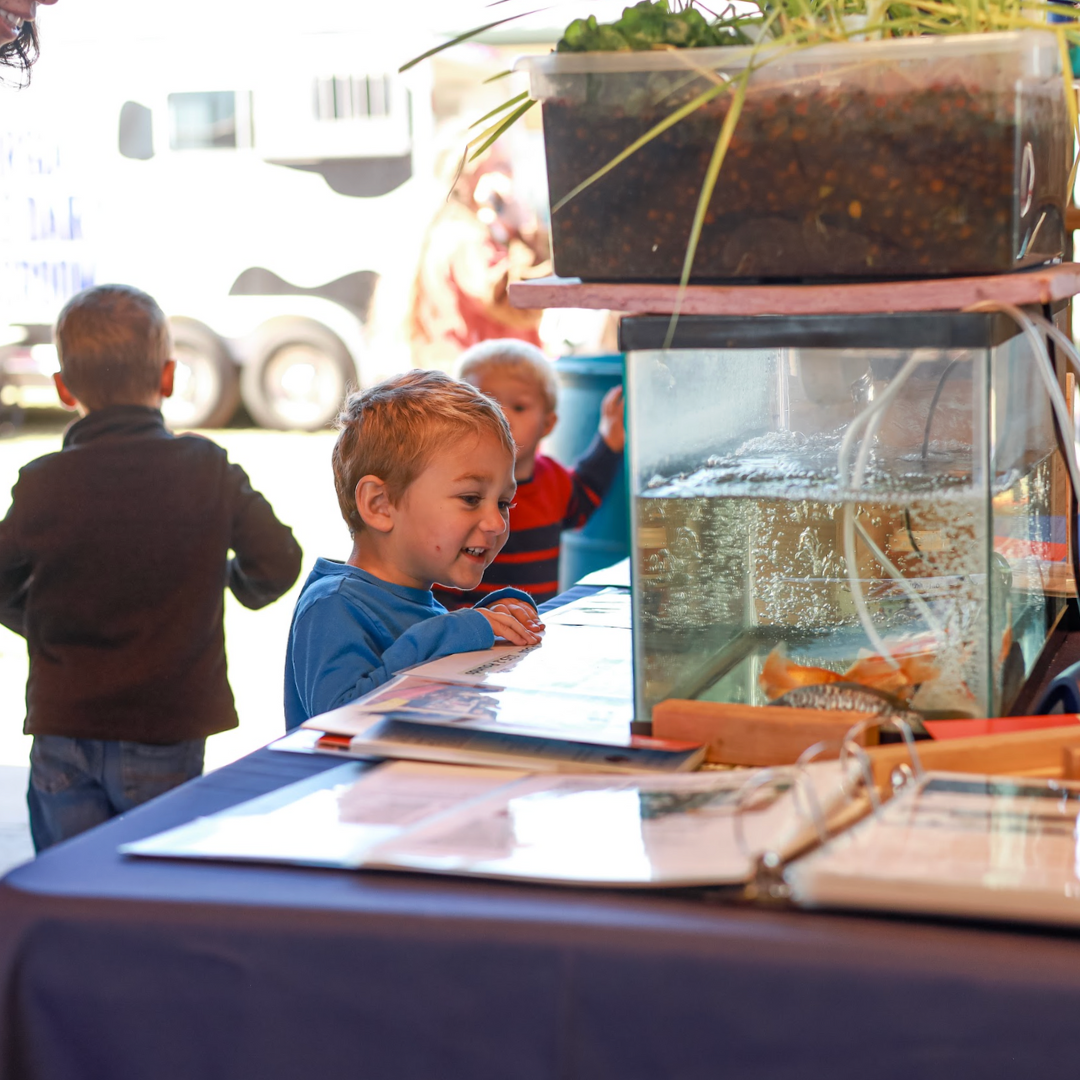By Lydia Hill, ABAC Agricultural Communication
If your nose leads you to the Aquaculture Building, you can thank Chef Chris Wilton. Each year, Auburn Extension invites Wilton to create new, exotic catfish recipes for live cooking demonstrations, turning fresh fillets into mouthwatering dishes right before visitors’ eyes. The sizzling pans and savory aromas have become an Expo tradition and proof that catfish is a Southern staple.
This year, Wilton is serving Catfish Burgers, Catfish Stroganoff, Yankee Fish Cakes, Maine-Style Catfish Rolls, Catfish Croquettes, and Bacon-Fat Fried Catfish.
“My main focus is using oversized catfish to show that they don’t have to be thrown away,” Wilton said. “If we process them, we can turn them into products that could be sold.”
Alabama ranks among the leading states in U.S. catfish farming, with over 13,000 acres of ponds dedicated to raising this versatile fish. Its mild flavor and absence of “fishy” aftertaste make catfish a favorite among chefs and home cooks alike. Whether fried to a golden crisp, grilled with spices, or incorporated into unique recipes, it’s a fish that suits nearly any flavor profile.
But the aquaculture booth offers more than just good food. It’s a hub for education and innovation. Originally from New York, Dr. David Cline has been working in aquaculture for 31 years. It’s been the fastest-growing segment of agriculture for at least 10 years. Cline is now employed by Auburn Extension, where he educates people of all backgrounds.
“Training teachers and students how to use aquaculture as a standalone training platform is wonderful,” said Cline. “You can teach chemistry, biology, physics, carpentry, economics, and social studies if you know how to connect the dots. Still, a whole variety of topic areas can be covered using aquaculture. It’s a great cross-curricular tool, so that’s kind of the niche I’ve carved out for myself.”
While the cooking station attracts the first group of visitors, the aquaponics display often keeps them engaged. This sustainable farming method combines fish and plants in a mutually beneficial system. Nutrient-rich water from the fish tanks feeds the plants, and in return, the plants filter and clean the water before it flows back to the fish. The approach not only cuts the high costs of fish feed but also provides an environmentally friendly way to produce food.
At the Sunbelt Ag Expo, the aquaculture booth combines the best of science, farming, and food. Visitors can taste fresh catfish, learn about sustainable growing systems, and see how aquaculture is connected to nearly every part of agriculture. Whether you’re a producer exploring new opportunities, a teacher looking for hands-on classroom tools, or just a curious Expo visitor, Auburn’s aquaculture team offers something worth stopping for.

